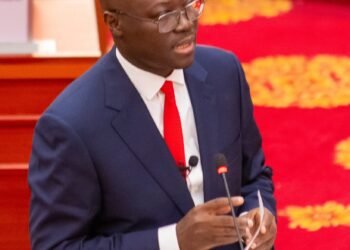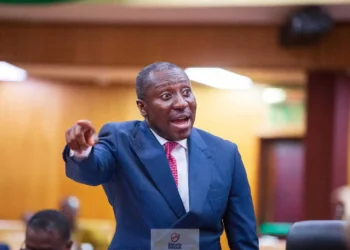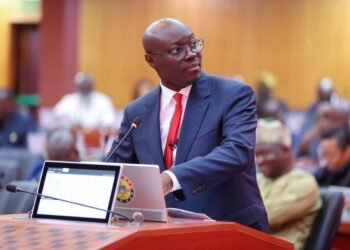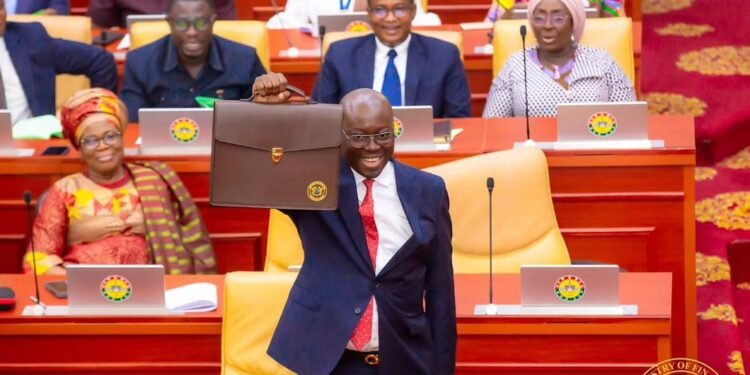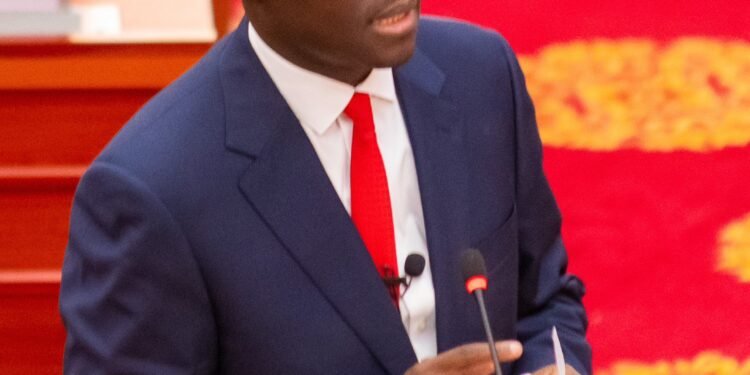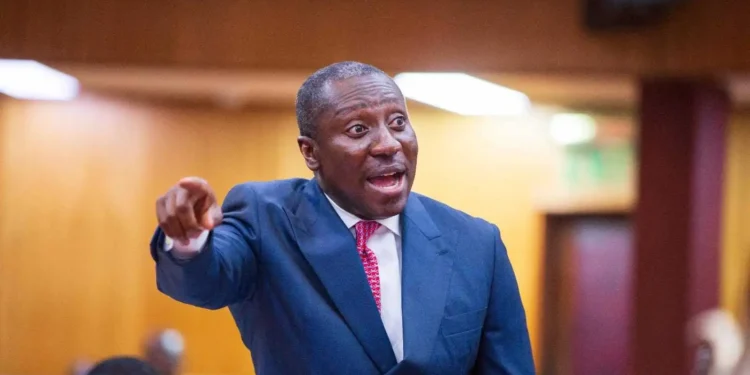A senior member of the National Democratic Congress (NDC), Mr. P.V. Jantuah Boateng Dadson, has called for the dissolution of the Office of the Special Prosecutor (OSP), describing it as redundant and “unfit for purpose.”
He insists that the 1992 Constitution already mandates the Attorney General’s Department to handle all criminal prosecutions on behalf of the state, making the OSP’s role unnecessary.
Mr. Boateng made the comments in a recent media interview where he argued that the Special Prosecutor’s existence only duplicates the functions of the Attorney General (AG), maintaining that the solution to Ghana’s corruption challenges lies not in creating new institutions but in empowering existing ones to perform efficiently.
“The Constitution empowers the Minister of Justice, who doubles as the Attorney General, to prosecute any form of criminality within or outside government machinery. The Ghana Police Service can lead prosecutions under the directives of the Attorney General. No matter how the OSP’s bill was crafted, its powers and operations still fall under the AG”
Mr. P.V. Jantuah Boateng, Senior Member of the NDC
According to the NDC member, the establishment of the OSP has not produced the intended impact on the fight against corruption.

Mr. Boateng argued that the office, created under former President Nana Addo Dankwa Akufo-Addo, has failed to deliver accountability and transparency in public office, adding that the creation of the OSP ignored the constitutional principle that gives the Attorney General the final authority in all criminal prosecutions.
He referenced a past statement made by former President Akufo-Addo during his ministerial vetting nearly two decades ago, where he acknowledged the supremacy of the Attorney General’s role.
“I was surprised that President Akufo-Addo, who once held the belief that the Attorney General’s role was supreme in all prosecutions, went on to create the Office of the Special Prosecutor. Back in 2005, the Daily Graphic published a story during his vetting as Foreign Minister in which he emphasized that the ‘conflict of the Attorney General is superfluous.’ So to me, the OSP was dead on arrival”
Mr. P.V. Jantuah Boateng, Senior Member of the NDC
Mr. Boateng further noted that since its introduction, the OSP has struggled to establish public trust and questioned whether its continued existence serves any real purpose in Ghana’s justice system. He emphasized that corruption investigations remain slow and politically charged despite the office’s creation.
Strengthen the AG’s Department
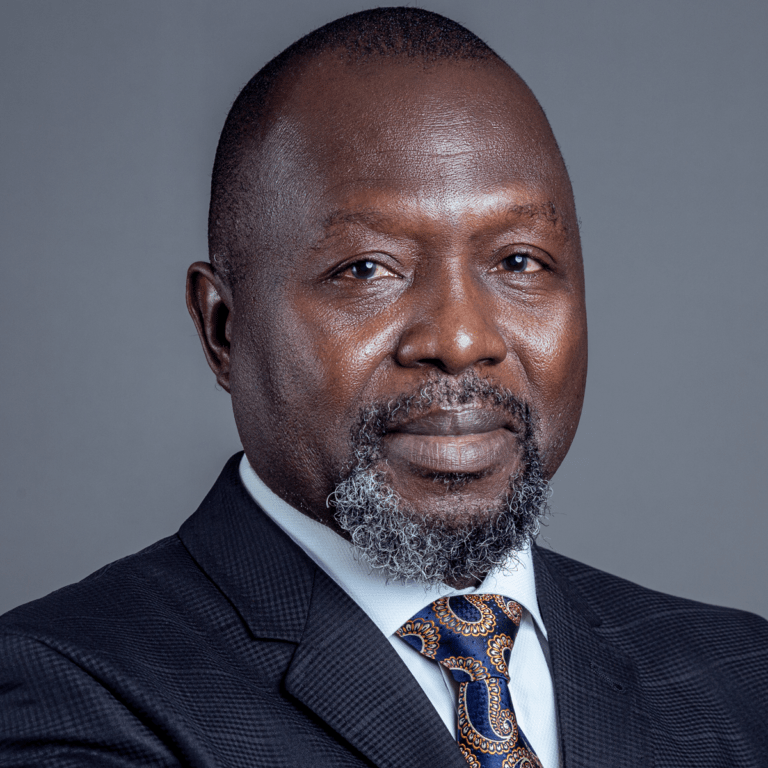
The NDC stalwart proposed that the government should focus on resourcing the Attorney General’s Department rather than maintaining the OSP. He said building the department’s institutional capacity would ensure a more sustainable and constitutionally grounded fight against corruption.
“If I were to advise President John Dramani Mahama, I’d tell him to scrap the OSP entirely. Let’s channel those resources into the Attorney General’s Department; recruit more qualified lawyers, equip the regional offices, and pay them well. I don’t see why corruption and bribery cases are handled only in Accra when every region has a High Court”
Mr. P.V. Jantuah Boateng, Senior Member of the NDC
Mr. Boateng’s comments reignites public debate over the effectiveness of the Office of the Special Prosecutor since its inception in 2018.
The OSP was originally established to provide independent oversight in investigating and prosecuting corruption-related offenses. However, critics like Mr. Boateng believes that the institution has become overly bureaucratic and politically constrained.
The Office has also faced controversies surrounding its independence, budgetary challenges, and the resignation of its first Special Prosecutor, Martin Amidu, who cited political interference. These developments, Mr. Boateng argued, further justify the need to fold the OSP’s operations into the Attorney General’s constitutional mandate.
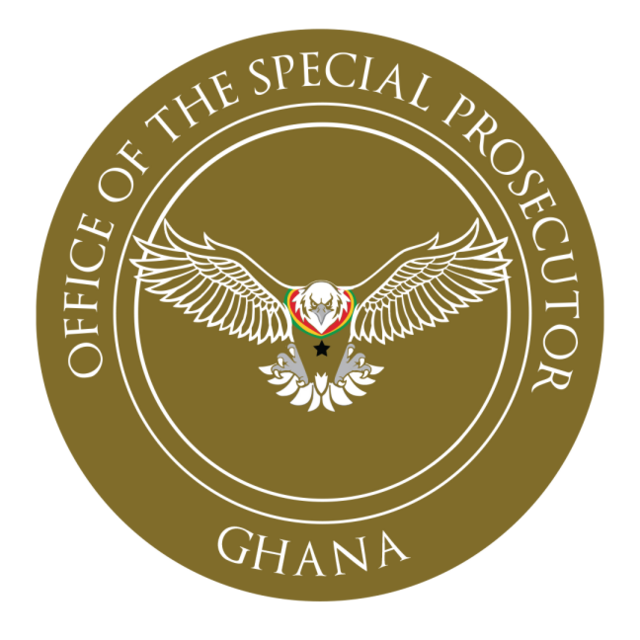
As President John Dramani Mahama’s administration reviews the structure of key accountability institutions, the debate over whether to maintain or abolish the OSP may become one of the defining legal and governance questions of his term.
Whether the government will take Mr. Boateng’s advice remains to be seen, but his call underscores growing concerns about the efficiency and constitutional relevance of Ghana’s anti-corruption framework.
READ ALSO: Ghana Redefines the Gold Sector Through an Audit Exercise





